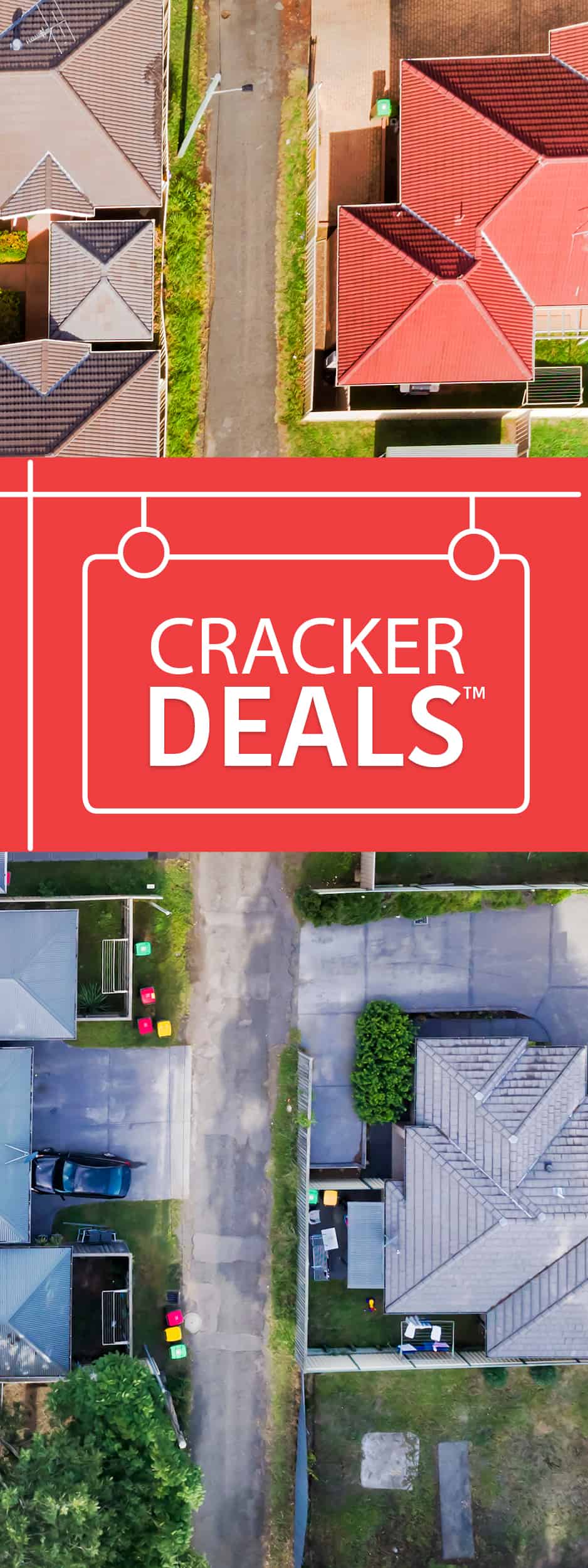- The first step is making the call.
- 1300 022 482
- hello@searchpartyproperty.com.au
Buying a Property next to a Cemetery, sewer or any other question mark locations.

In 2015, the number of cremations officially overtook burials. Cremations account for approximately 70% of funerals in Australian metropolitan areas. So less space required.
However, there are cemeteries out there, in prime locations. On the property chat forum this is what was said in response to the question:
Would you buy a property near a cemetery?
“I worked across the road from Rookwood for a while. It was just like having a big weirdo golf course there. People walk dogs, drive through (there’s a road through!) and some even eat lunch there. I would seriously consider it knowing that it might turn some off, but not all. If stuck for somewhere to rent, I would definitely choose it over a main road or power lines.” WattleIdo
“No…. absolutely not. It is a personal choice of location that others may be willing to accept but definitely not me. Each to their own.” Indifference
“The positives a cemetery has is that it is often green and peaceful. I think a view over a cemetery can be nicer than an “in your face” apartment block.I would consider buying a unit in the blocks around the cemetery in North Parramatta, because it’s parkland with tall trees that just happens to have some headstones.Other ones…. Perhaps not. Waverley cemetery… yes, quite possibly, if the property stacked up.” bmc
“I just bought a house that is on the same road as a cemetery . Didn’t bother me personally as it’s well positioned in town.” the world is your oyster

“I would not want to live beside a cemetery. I would not buy a house opposite or within view of one either. You are asking the question, so you clearly know there are people (maybe yourself?) who wouldn’t buy or rent that close to one either. You will have a smaller pool of renters, and smaller pool of buyers when it comes time to sell.” wylie
For another perspective, in Greenwood Brooklyn Cemetery, a lady says that walking through the cemetery helps her with her depression as it provides a place of reflection and comfort.
So we have mixed opinions on whether you would buy or not buy next to a cemetery. So before answering with a straight yes or no, take out the emotion.
Put on your investor hat, asking yourself the following questions:
- What is the market growth in this area for the last 10 years and how does this compare to the broader market growth?
- What is the percentage of untenanted dwellings, and how does this compare to the broader market?
- List the reasons why someone would want to live here, e.g. location, proximity to CBD and transport, parks, etc.
- Who would be the typical renter for the dwelling you are looking at? What are the trends for this renter? Where would an alternative, preferrable market be, and what is compelling to choose this place? It may be rent amount, size of property, neighbourhood, access to facilities, etc.
- What is the average time on market a place takes to sell and how does this compare to the broader market?
- Is there an opportunity to negotiate on price, but then make it up in equity growth opportunity? Get help with this. You want your assumptions to be as tight as possible.
Other areas that may raise questions when it comes to buying:
High Traffic zones or Main Roads

- There could be a change in zoning in the future resulting in profits from development potential being removed.
- A forced acquisition from the government / council may unfold, which could be either lucraitive or you may have to fight for a higher land value.
Airports

- Ascertain the value growth opportunity – The announcement of the badgerys creek airport instantly boomed local land prices.
- “British Medical Journal, found evidence that people living in areas with high levels of noise pollution from passing aeroplanes had a higher risk of heart disease and stroke”. (Independent.co.uk).
High Voltage Powerlines
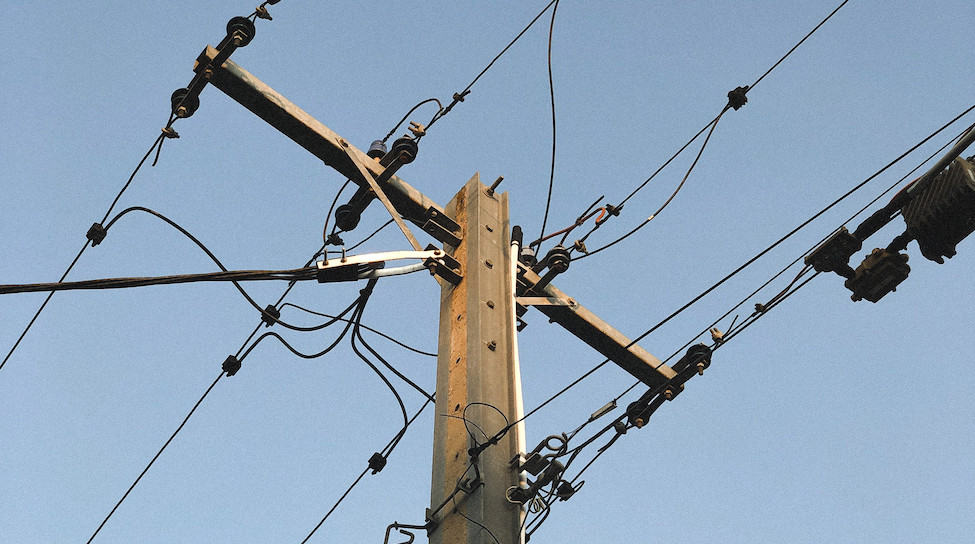
- Most people have a fear around being close to powerlines.
- “The Leukaemia Foundation of Australia acknowledges that there is a great deal of community concern regarding the potential health effects of living close to high voltage powerlines.” There has been quite a lot of research but the evidence is still insufficient. (www.leukaemia.org.au/33DF9980-B610-11E2-9E2100155D285803)
Higher potential for vandalism or graffiti
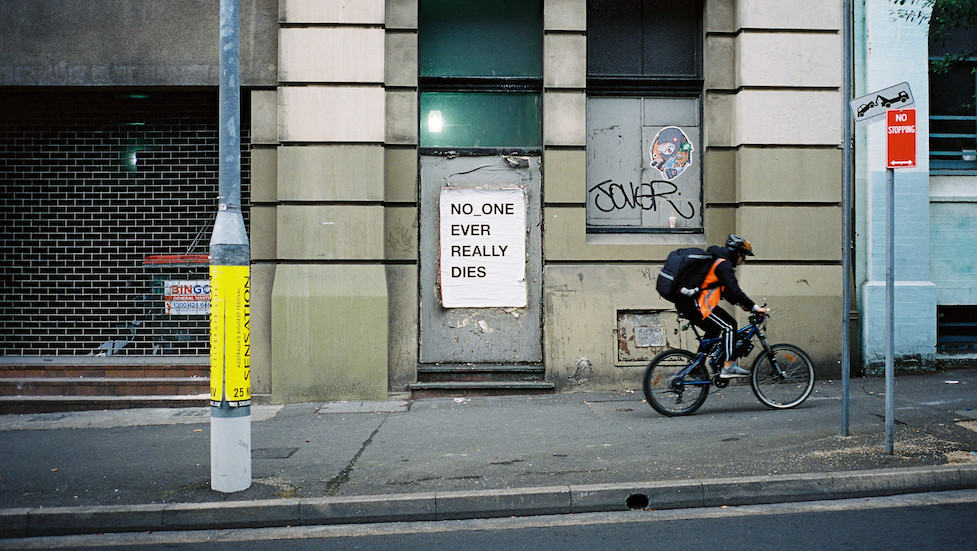
- Don’t draw the line too quickly. You may get a bargain price investment based on the current state, however the outlook is looking very hopeful. We have seen the results in Mount Druit t- what was once a place to avoid, has become an investors dream if you bought 5 years ago.
Unfavourable scents

- This may come from sewers, lakes, septic tanks, waste land.
- Get the history. See if there is any reports on the level of odours – as it could be hazardous to the health of you, your family and or tenants.
- There have been high reported incidences of cancer in suburbs in Australia that are in close proximity to previous waste dumping areas.
Pathways & Alleyways
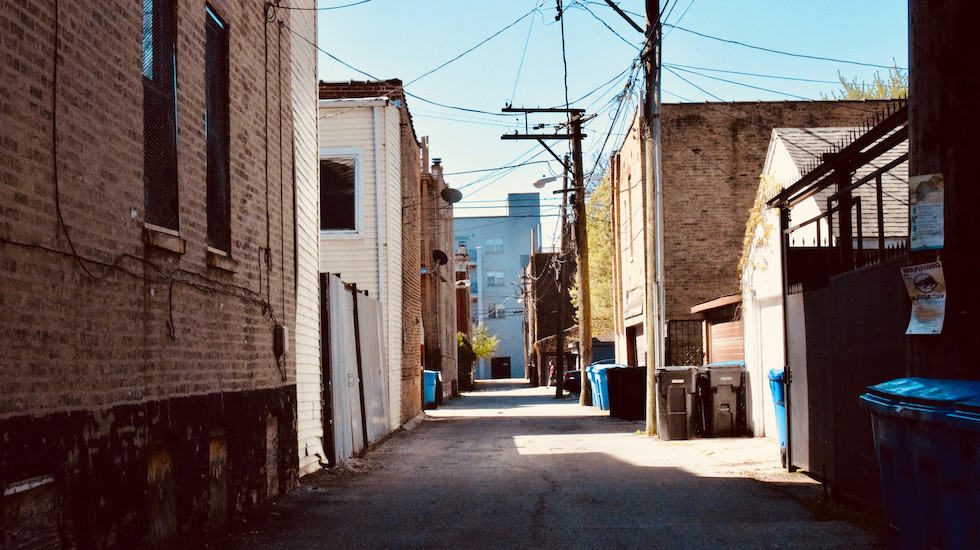
- They provide potential access for Robbery.
- Look at the suburb and the street. Do your research on the crime rates.
Construction zones or anything with high noise levels
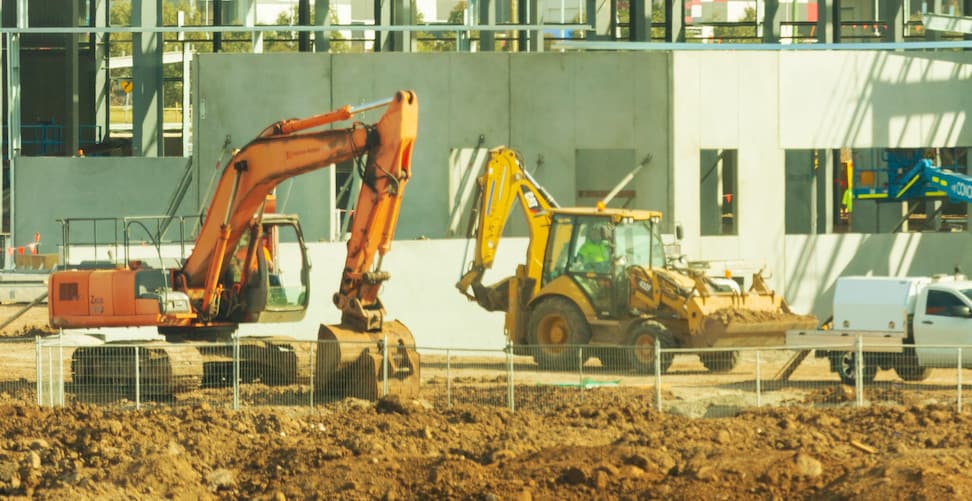
- This may include nightclubs/bars, bus/train, trucks/semi-trailers.
- If it’s construction, find out how long it will take to complete the building and what are the agreed hours of construction.
- If the construction has commenced, speak to the neighbours about how they are getting on with the noise levels.
- You cannot underestimate the value of having a lengthy conversation with the neighbours. This could make all the difference between a gold and bottom of the barrel investment decision.
Congregation of undesirable groups, e.g. gangs
- Do your checks on local parks, town centres and transport terminals.
- What are the crime rates in the suburb?
- Is the situation getting better or worse?
- Research the perception of suburbs – both the perception of existing residents and people who don’t live here. Speak to enough people to get a good read. Don’t take everything you hear as gospel. Look at the growth rates, they tell a story about actual behaviours and not just attitudes.
Final words:
You might think you are getting a bargain, but if there is no competition, it may mean that you are paying too much. Market price is what someone (or multiple people) are willing to pay for something. More interest, often leads to higher prices. This goes for both buying, selling and renting. So ascertain current and potential interest levels on any investment you make.
Be mindful of the spin property managers give you – both in respect to the for and against arguments.
So now that you have the property, and you are looking at putting tenants in, ask yourself how would you respond to the agent’s question: How do you feel about the tenants having pets? Here’s some thoughts and facts to help you with your decision.

Luke is a buyers agent for property investors. He has extensive experience building and growing property portfolios.
Luke and the team at Search Party Property predominately buy properties across the eastern seaboard of Australia. The type of properties presented to a first, second, third + time investor are based on the client strategy – which is an essential part of working with Luke.
Buying an apartment, unit, townhouse, or duplex for example, form part of your strategy session. Whether a deal is hot or not – is always based on your investment strategy.
“One of the misconceptions around property investing is that you have to be a high flyer and have loads of extra cash. This is not the case. We work with a lot of people who are buying their first investment property at a $250K price point.“
If you are interested in property investing join to receive regular Property Deals.
If you are looking for property investment advice Contact Us.




